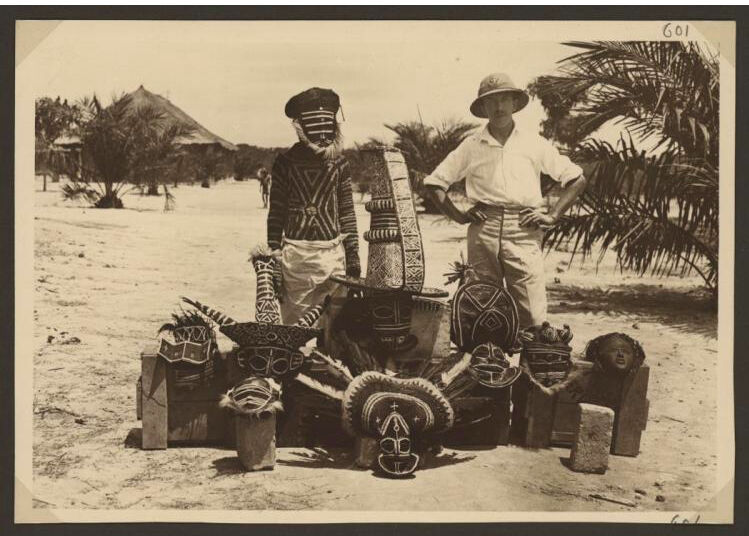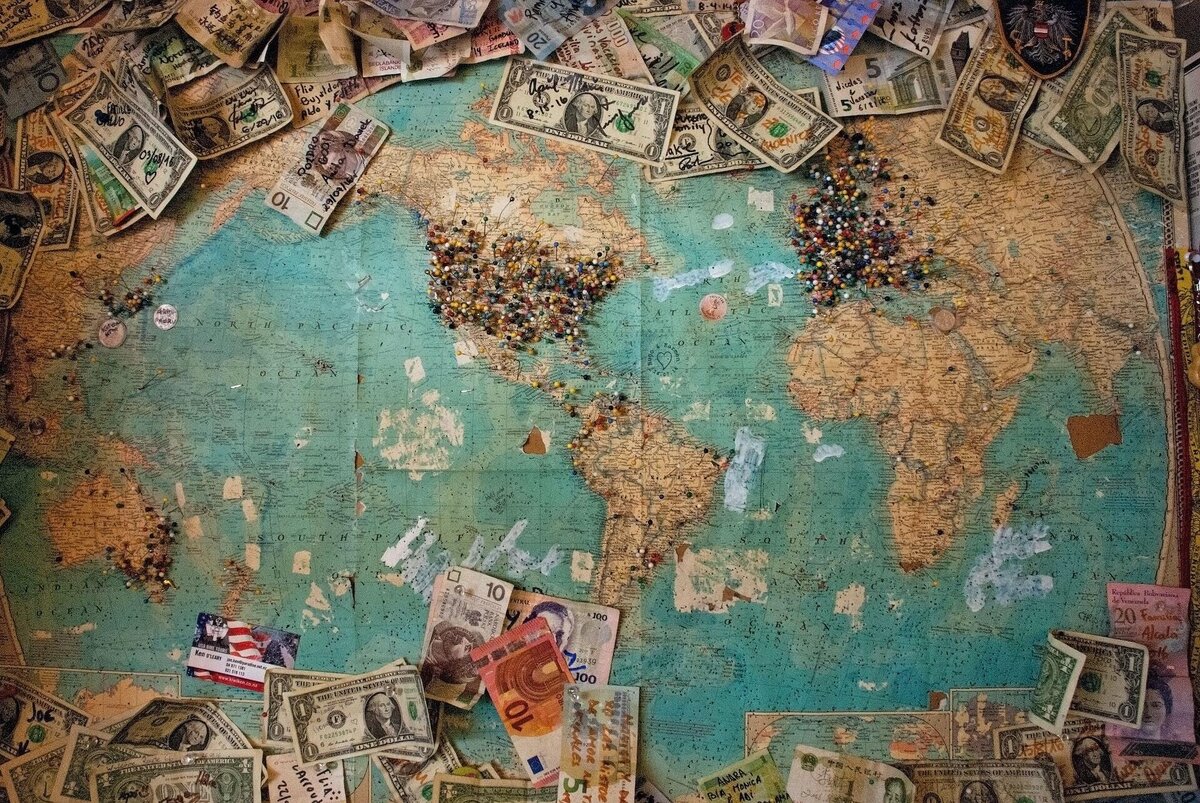- Exchange and Networking
- Knowledge and Learning
- Advocacy
- Our topics
By Silvia Barigazzi, Clelia D’Apice, Andrea Casale and Eduardo Missoni
International health cooperation is only a tiny part of what should be understood as global health (GH), and the term is often confused with development assistance in health (DAH). In calling for decolonisation, the first step is to bring clarity. That is where we start. First, elucidating the meaning and scope of each term. Then, analysing GH policies and practices leading to state of the art. Finally, drawing conclusions.

Global health still lacks a universally shared definition. If we describe it as“an area of interdisciplinary study, research and practice that considers the effects of globalization on health” (CERGAS 2011), thus, we must acknowledge that the grasp of GH is neutral and cannot be decolonised per se. Rather, (neo)colonisation is typically the result of political and economic powers globally influencing health education, research and policies. Each of these domains needs to be analyzed and ultimately decolonised.
Herein lies one of the challenges. The neutral field of GH has been colonised by narrative biases, mostly focussing (and often confusing) on development assistance in health (DAH) and international health cooperation. The latter including also collaboration on health issues among states, and support to intergovernmental institutions (such as the World Health Organization (WHO) and other United Nations (UN) agencies) not targeted to development assistance.
Herein lies one of the challenges. The neutral field of GH has been colonised by narrative biases, mostly focussing (and often confusing) on development assistance in health (DAH) and international health cooperation.
Development Health Assistance” - or “Development Aid” - refers to the public (national and supranational) and private (corporate, global philanthropies) financing of recipient countries through multiple channels. These are bilateral, multilateral (i.e. intergovernmental such as the UN system), private (NGOs) and multi-stakeholders (such as the GAVI alliance or the Global Fund to fight HIV/AIDS, Tb and malaria, GFATM). The main objective is “the promotion of economic development and welfare” backed by “concessional financial terms”, with the aid including also technical assistance (OECD). DAH is a field increasingly and cosmetically labelled as GH programmes.
In 2021, Official Development Assistance (ODA) by member countries of the Organization for Economic Cooperation and Development (OECD) Development Assistance Committee (DAC), amounted to 178.9 billion USD, peaking due to the response to COVID-19.The total amount for pandemic-related activities was 18.7 USD billion, about 10% of net ODA.Of this sum, 6.3 billion USD went to nearly 857 million vaccine doses for developing countries, with 2.3 billion USD for donations of excess from domestic supply: 357 million doses at a recommended OECD price of 6.72 USD each (OECD, 2022 ).

According to Sen et al. (2022), the historical legacy left behind by decades of neoliberal GH policies must inform an analysis of their decolonisation. The following have been identified as milestones in the global expansion of the neoliberal model.
First, between the 1970s and the 1990s, when the rise of debt in developing countries and the global crisis of welfare capitalism brought the World Bank (WB) and the International Monetary Fund (IMF) to the center of the global stage. As part of the structural adjustment programmes (SAPs), they have been imposing'one-size-fits-all' Health Sector Reforms (HSRs) on indebted countries, dismantling their health and social systems.
Second, with the turn of the century, new major actors entered the global health governance and policy scene: the Gates Foundation and Global Public-Private Partnerships (GPPPs), mainly the GAVI alliance and the GFATM, already mentioned above.
As part of the structural adjustment programmes (SAPs), they have been imposing'one-size-fits-all' Health Sector Reforms (HSRs) on indebted countries, dismantling their health and social systems.
Third, with the “securitisation” of GH and its connection with other domains of foreign policy.GH programmes have increasingly been integral to US foreign, security and trade policy.With democratic administrations framing them primarily as charity, security, and investment issues (Stuckler and McKee, 2008). In this frame, the Gates Foundation has become the largest private investor in GH programmes, and the second-largest contributor to the World Health Organization, after the USA (WHO, 2018).
An investigation by Politico and the German newspaper Welt details what this means also for the WHO itself, by mandate the “directing and coordinating authority” in international health.
To respond to the COVID-19 pandemic worldwide, superseding governments but lacking the scrutiny and accountability required to them, four organizations spent almost 10 USD billion: 1.4 to the WHO and 8.3 to lobby lawmakers and officials in the US and Europe.These are the Bill & Melinda Gates Foundation; the GAVI alliance (the global vaccine organization Gates initiated and heavily financed); the giant British foundation Wellcome Trust, a Gates Foundation partner in previous years; and CEPI, the Coalition for Epidemic Preparedness Innovations, the international vaccine research and development group that Gates and Wellcome both helped create in 2017.
“Empowered by well-grooved relationships with drug makers” these four organizations, leveraged their power at the WHO to help create a global distribution plan of vaccines for the nations in need, ultimately offering limited vaccine protections to vulnerable communities, while simultaneously protecting Intellectual Property monopolies (Banco, E. et al., Politico, 2022).
Decolonisation in Global Health has been a mantra for a long time: just in 2020, it was already the subject of more than fifty academic articles (Khan, 2021). No wonder the call has become louder in the pandemic era.
What can decolonisation do for Global Health? If colonialism is also “about extreme power inequalities and all the institutions that exist to keep them in place” the answer is in addressing the causes of colonising GH policies and practices (Rutazibwa, 2022). Referring to Development Assistance in Health, this should genuinely respond to locally defined priorities and needs, identifying culturally, socially, economically and environmentally appropriate systemic solutions, with extensive participation of the population and its organizations, allowing for without explicitly or surreptitiously imposed conditions. In a true spirit of collaboration and solidarity rather than global, top-down aid.
Referring to Development Assistance in Health, this should genuinely respond to locally defined priorities and needs, identifying culturally, socially, economically and environmentally appropriate systemic solutions, with extensive participation of the population and its organizations, allowing for without explicitly or surreptitiously imposed conditions.
The decolonisation debate in global health and international health cooperation should focus on issues such as: what, to whom and how is taught in GH studies (Missoni, 2011); what are the contents of GH research; who are the significant authors and institutions involved, who is financing it, how are results conditioned, which are conflicting interests; who, why and how influences governance, policies and operational approaches with an impact on the health of the world population.
Including, but way beyond, just development assistance in health and the health sector to include political, economic, social and environmental determinants.